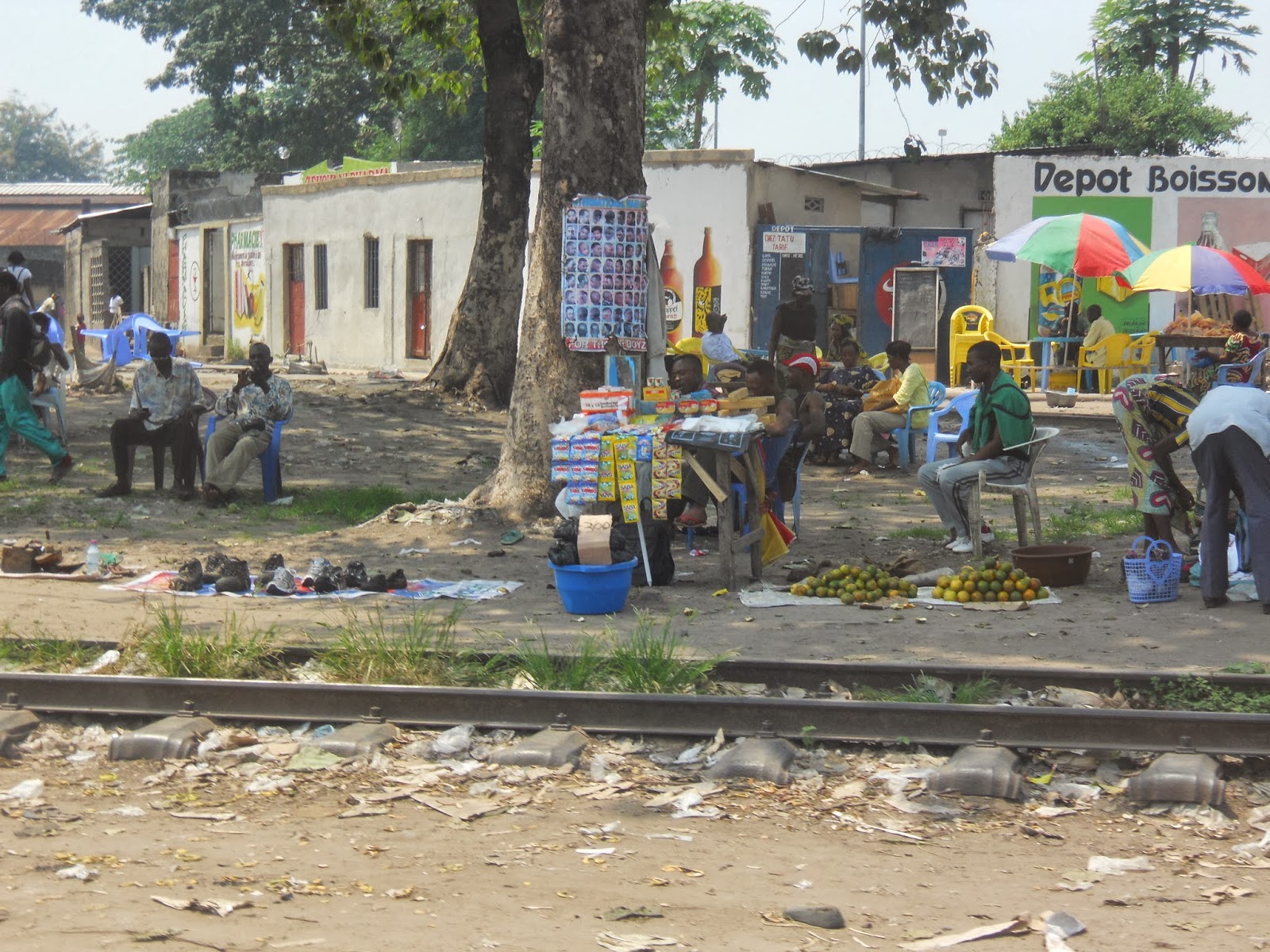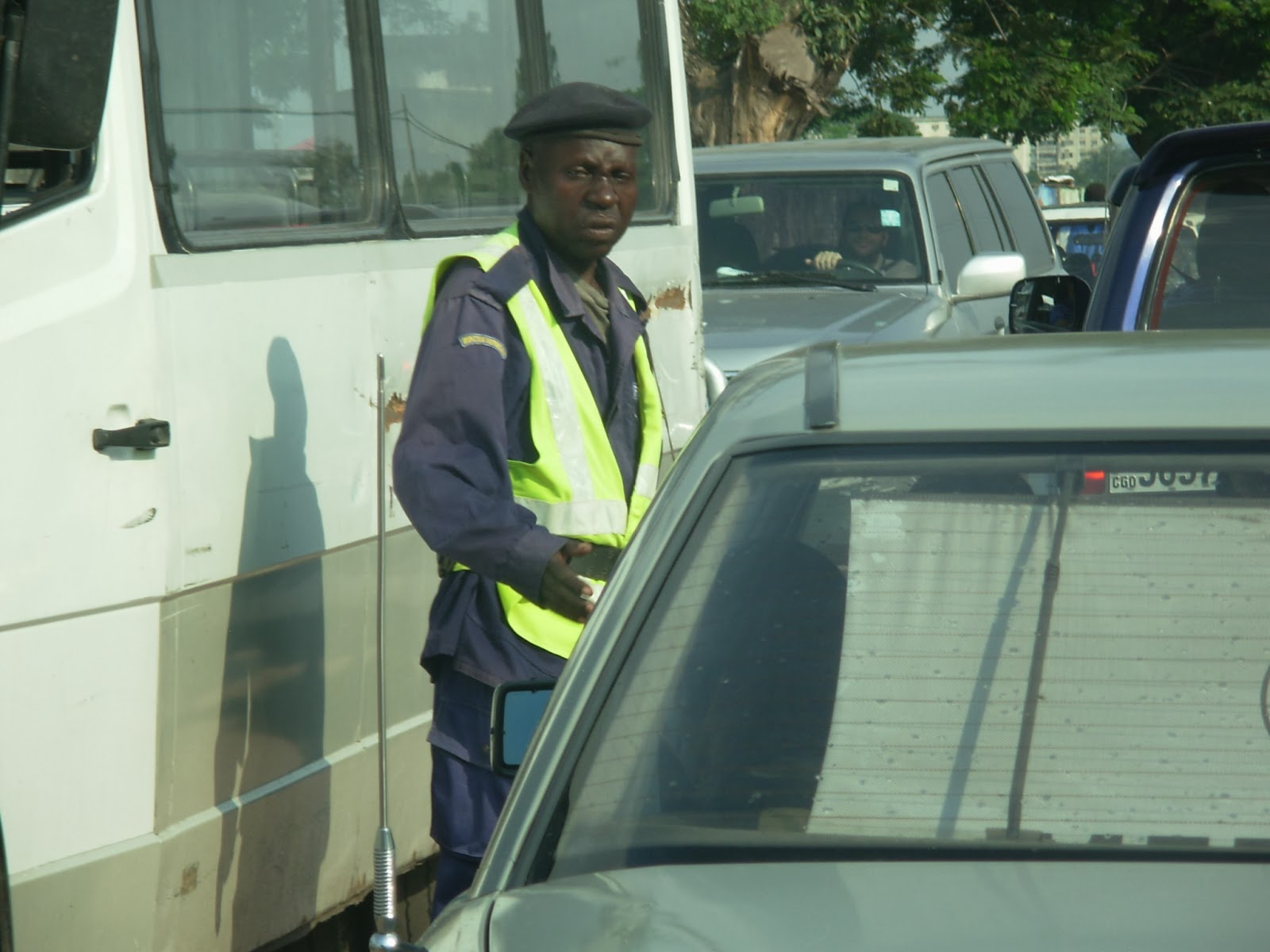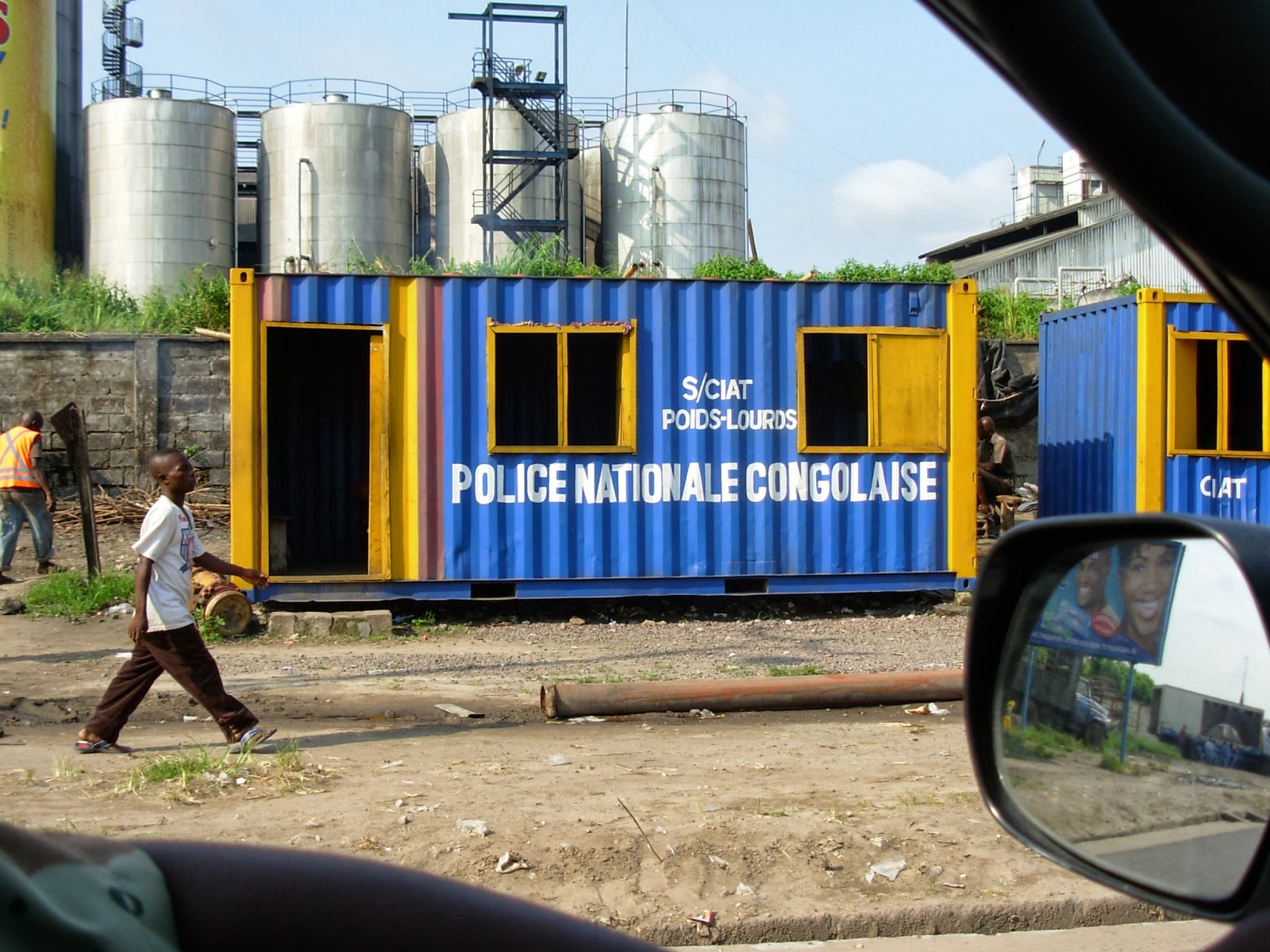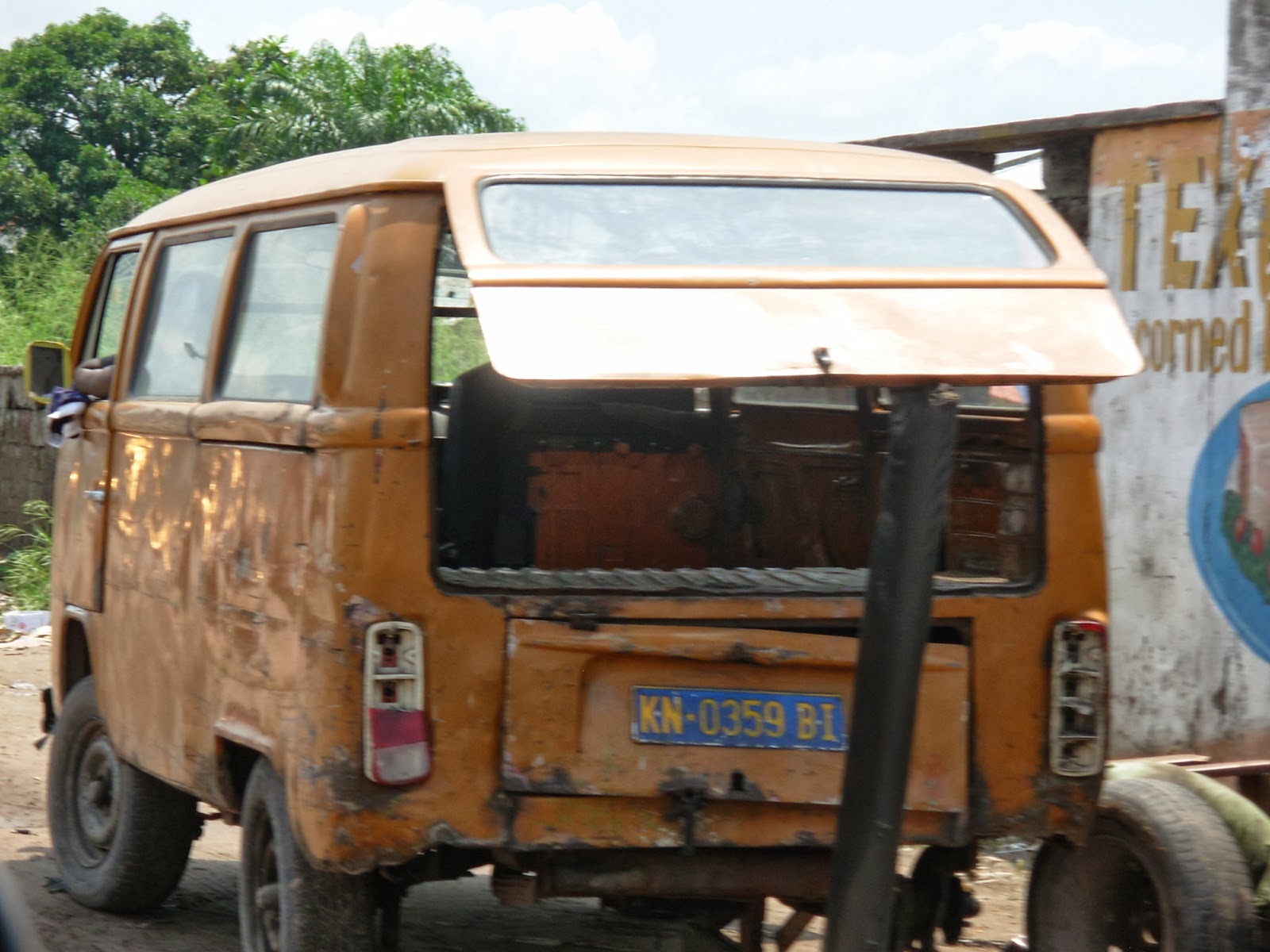I wrote the following article after my first deployment to the DRC, which was from November 2010 to June 2011. I was deployed as part of the SANDF Op Mistral XVI, which is in support of the UN Peacekeeping Force (MONUSCO).
This article was submitted for publication to the SANDF Chaplains Magazine, but unfortunately was rejected by the editorial committee, thus its publication here.
What follows is a personal reflection and reflects no other views except my own.
Kinshasa is a place that assails the senses. The minute one steps off
the aircraft one walks into a wall of heat exacerbated by high
humidity. The heat is relentless. Temperatures regularly soar into
the 40s. Even in the evenings the heat does not let up. The air is
thick with smoke. Smoke from the hundreds of vehicles on the road,
smoke from all the open fires, smoke from all the old tyres being
burnt. The smoke is pungent but not as pungent as the smell emanating
from the decaying and dilapidated sewerage infrastructure. There is
litter everywhere. There does not seem to be a place where there is
no litter.
 |
| Wheelbarrow |
.JPG) |
| Cargo handlers |
.JPG) |
| Kinshasa City Centre |
 |
| Kinshasa City centre |
.JPG) |
| Kinshasa City Centre |
.JPG) |
| Roadside Stalls |
.JPG) |
| Roadside Petrol Stall |
.JPG) |
| Roadside Stalls |
And then there are the people. People everywhere, a teeming seething
mass of people, on the streets, on the pavements, in the buildings,
in the vehicles. Everyone is moving, most are in a hurry to be
somewhere. With the people come the vehicles. The battered vehicles
and taxis are everywhere, filled to overflowing with people. They too
are in a hurry, pushing, shoving, jostling, opening up impossible
gaps for themselves, creating lanes of traffic on non-existent roads
and pavements, making maniacal manoeuvres to ensure that they are at
the front of the endless queues of vehicles on the broken roads. It
takes some getting used to.
.JPG) |
| Roadside Stalls |
 |
| Traffic Policeman |
Driving in the traffic is harrowing. One is struck by the impatience
and the intolerance of the drivers. Everyone assumes he or she has
the right of way regardless of the rules of the road and regardless
of the fact that the other person may have been there first. Nobody
gives anyone else a chance to pass even if it is abundantly clear
that it is the only way to clear the congestion in an intersection.
It seems that people would rather stay stuck and frustrated, venting
their frustration at one another by shouting and hooting. The
disrespect and rudeness is shocking to the extent that it almost
seems that people hate one another. The traffic police are there
trying to control the flow of traffic, but they too are largely
ignored. Those policemen who do stamp down their authority, openly
solicit bribes to open paths for vehicles.
.JPG) |
| Taxi |
Even normal human interaction seems to be largely transactional in
nature. A simple enquiry for directions will involve a financial
transaction. What we accept as common courtesy in South Africa costs
money in the DRC. Prices on goods and commodities on the street are
exorbitant until bargained down with a reluctant seller intent on
fleecing the customer. Foreigners are tolerated as long as they have
money to spend. The thin veneer of courtesy disappears completely
when it is clear that payment is not going to be made.
.JPG) |
| Traffic |
.JPG) |
| Traffic |
.JPG) |
| Taxi |
Poverty is everywhere. It is palpable. The vast majority seem to eke
out an existence eating the staple cassava meal and spinach that is
sold on the pavements everywhere. Overweight people are few and far
between and obesity is non existent. The shops in town are well
stocked with expensive groceries, commodities, fruit and vegetables
from all over the world, except the DRC. Only well to do locals and
expatriates are found in those shops, shielded away from the majority
who will never deign to enter there. Those shops are definitely not
accessible to the poor majority: they are relegated to the streets
and pavements. The paradox of this rich and fertile country having to
import basic foods is difficult to understand and impossible to
accept.
.JPG) |
| Taxi |
The DRC is a damaged country and Kinshasa is a damaged city. Here we
are not only talking about the buildings and the infrastructure. It
is almost as if the psyche of the people has been damaged too, which
makes it even worse. The DRC has a tough history. First it was the
colonial masters who took what they could before independence and
then left the people to their own devices. A bloody coup saw Mobutu
Sese Seko rise to power, whose dictatorial and corrupt regime was
followed by a bloody civil war that has only recently ended. There
are refugees of war from other conflicts in the region. Rebel groups
from other countries continue to operate in the DRC. The people of
the DRC and specifically those in Kinshasa, have borne the brunt of
it. The scars are everywhere, the damage has taken its toll. The
people have suffered and continue to suffer. It at times can cause
one to despair.
.JPG) |
| On the Pavement |
And yet, in the midst of the damage and despair there is hope. The
people are busy and on the move. Everyone seems to be selling
something. Everyone seems to be going somewhere. Time is of the
essence to the people of Kinshasa. There is no drunkenness on the
streets. There is no loitering on the streets either. People work
hard. People are not afraid of hard physical labour. Many earn a
living by hauling heavy cargo on small wheelbarrows, pushing their
heavy loads for many kilometres. The many stalls and small shops on
the streets are always open and always busy, day and night.
.JPG) |
| In the Traffic |
The people of Kinshasa are people of faith. There are churches and
mosques everywhere. On Sundays the churches are full. People readily
speak about their faith and the hope and inspiration they find in
their faith. South Africans more than anyone know the crucial role
that faith played in our peaceful transition to democracy and
national reconciliation. The religious leaders of the DRC must accept
the role they have to play in healing the wounds of the past and
bringing about national reconciliation in their damaged country.
.JPG) |
| Police Station |
There is hope too in the sense that the DRC is a rich country. It is
rich in mineral resources. It has enough water to meet the needs of
the whole of Africa. It has the potential through hydroelectric
projects to produce enough electricity for the continent. It is a
fertile country with the potential to be the food basket of Africa.
The trick is to channel the energy and the enterprise of the people
into realising this potential. Channelling this potential must be in
the context of a transparent and peaceful democracy. All this is a
daunting challenge, but as fellow Africans it is our responsibility
to assist and to provide the necessary skills and resources. This is
the only way to heal a broken nation and to restore people's dignity
and respect. It is a lesson we as South Africans have learnt and must
share with our fellow Africans.
Let us continue to pray for our brothers and sisters in the DRC,
especially those in Kinshasa. In the words of Bishop Desmond Tutu, as
people of faith, we are “prisoners of hope.”
 |
| Taxi |
 |
| Traffic |

.JPG)
.JPG)

.JPG)
.JPG)
.JPG)
.JPG)
.JPG)

.JPG)
.JPG)
.JPG)
.JPG)
.JPG)
.JPG)
.JPG)
.JPG)


No comments:
Post a Comment